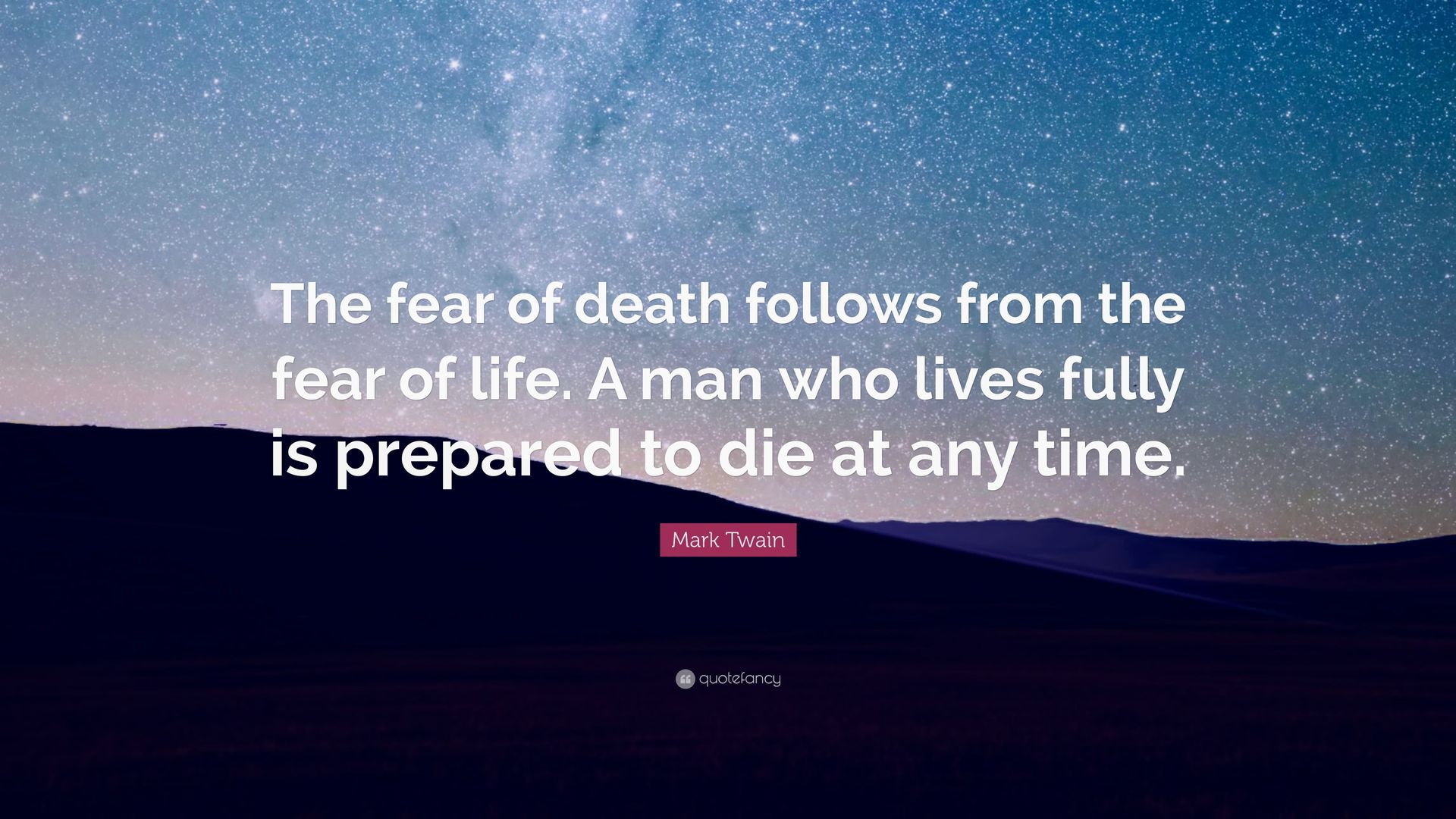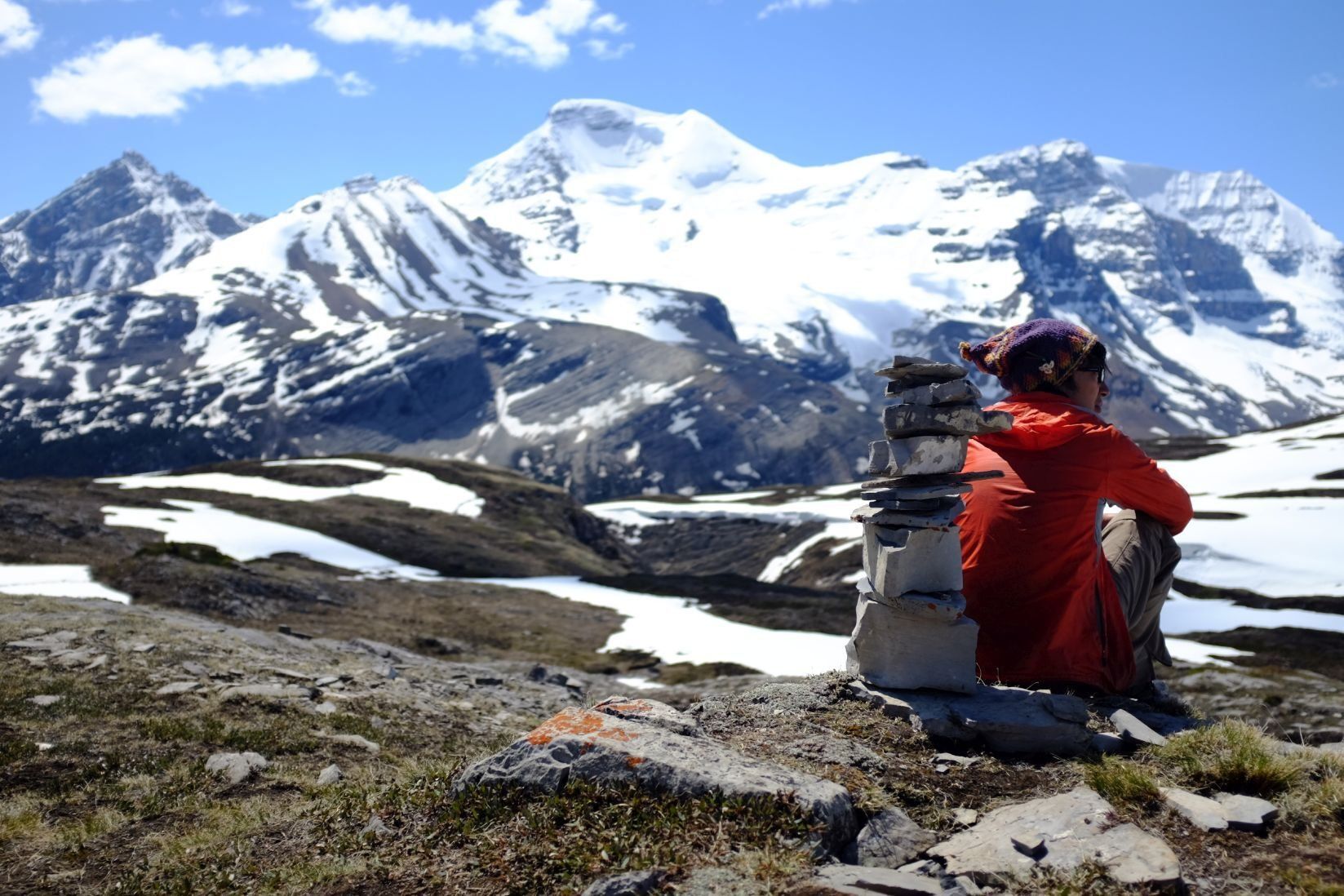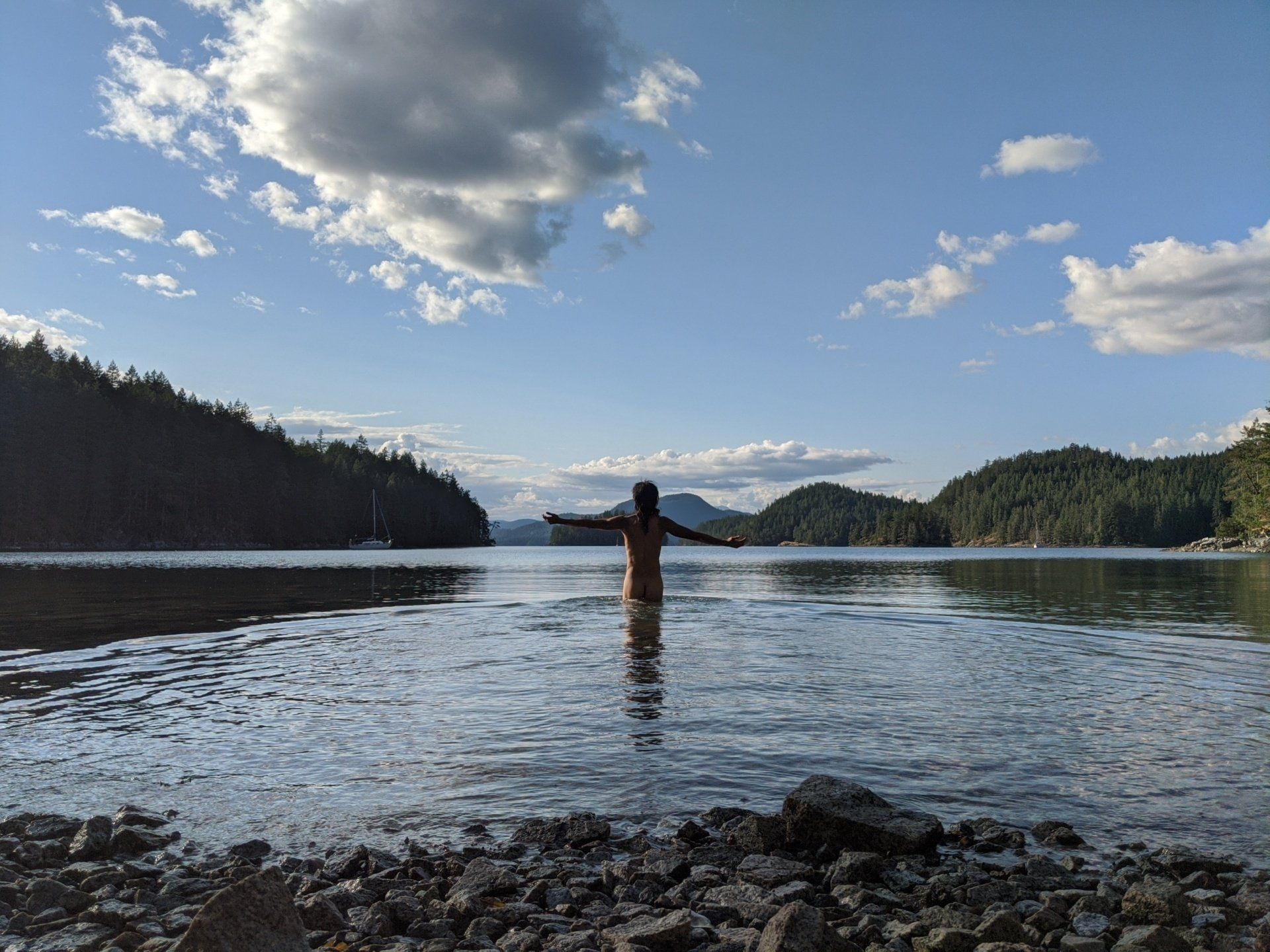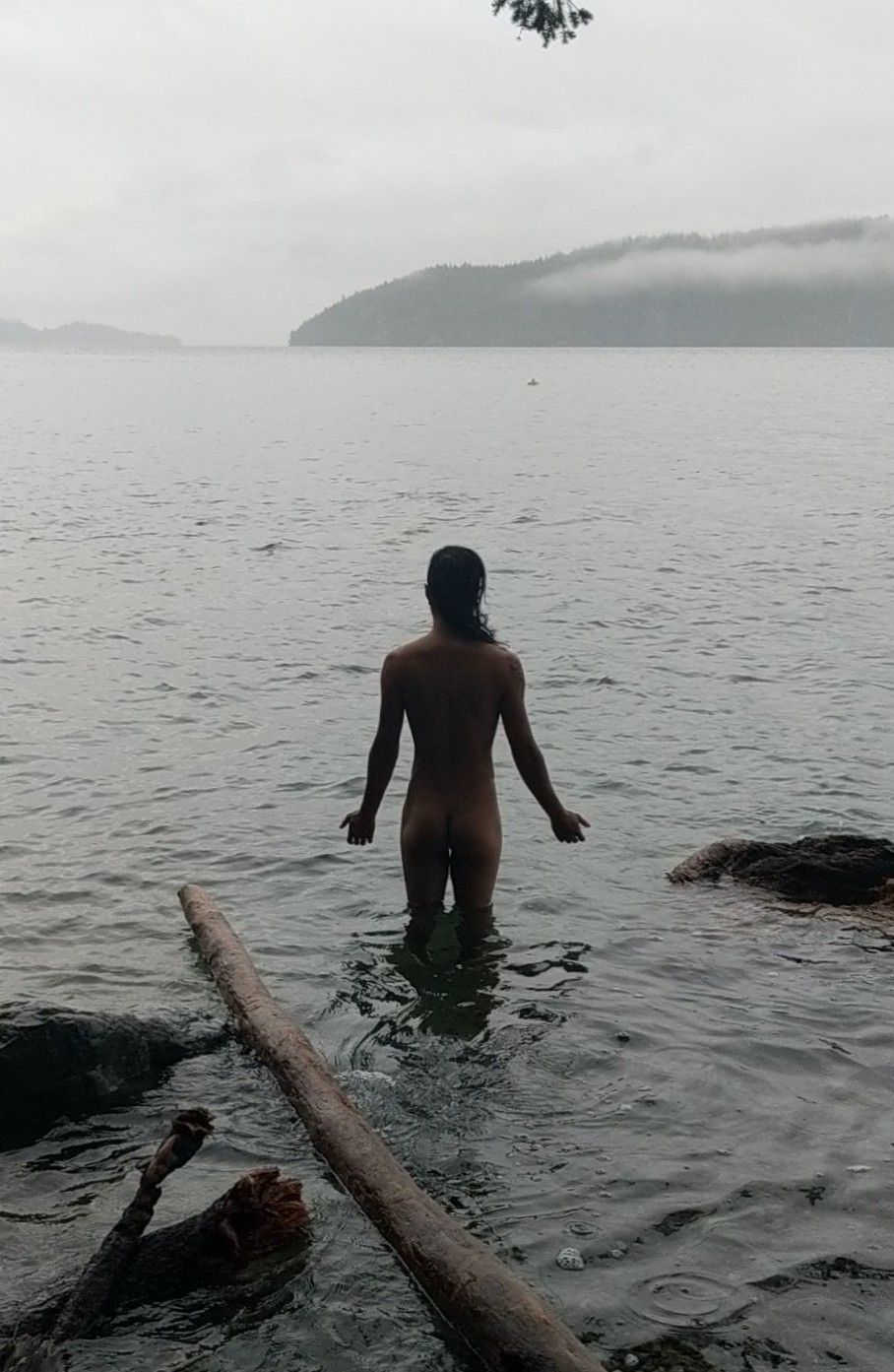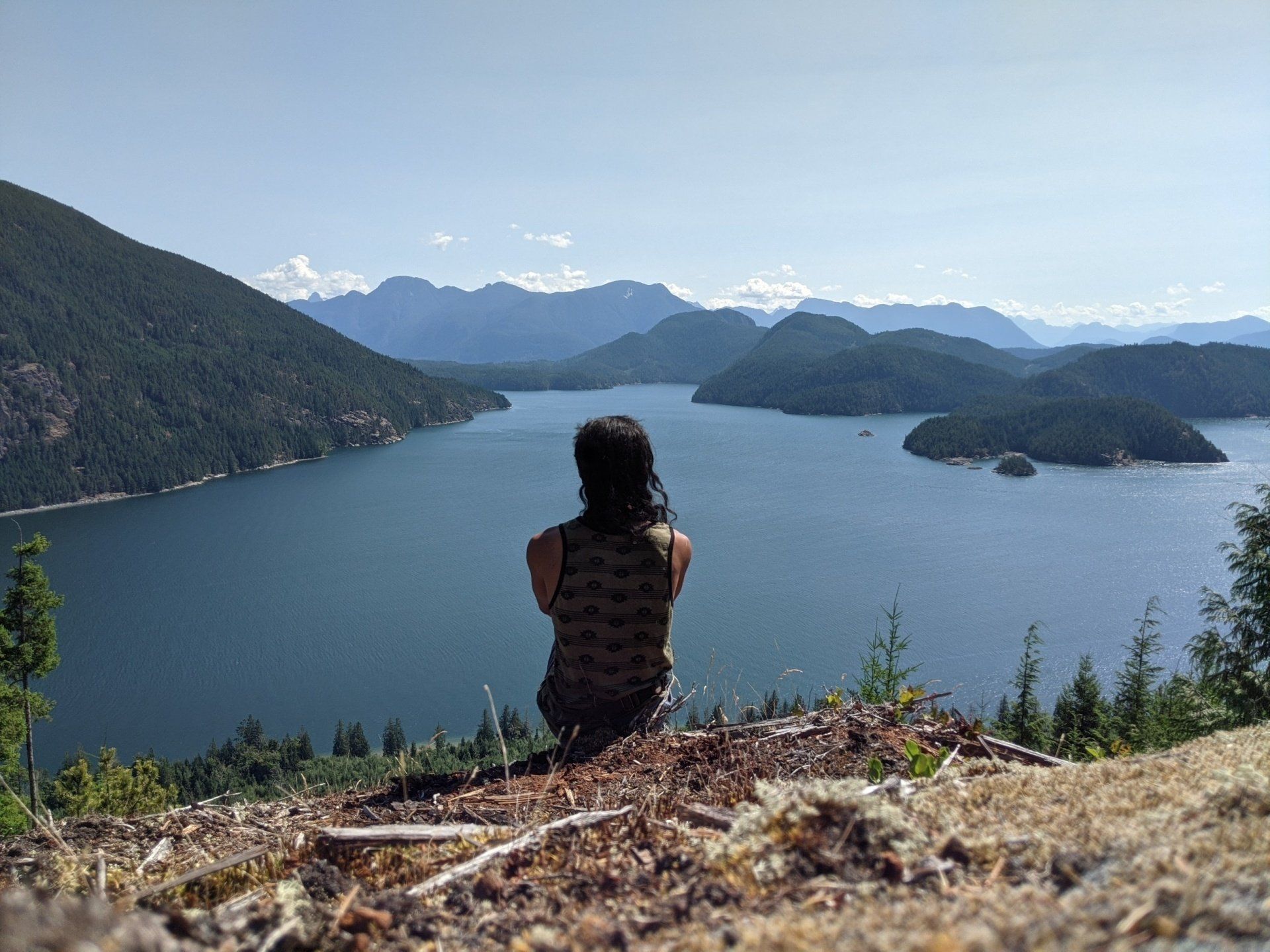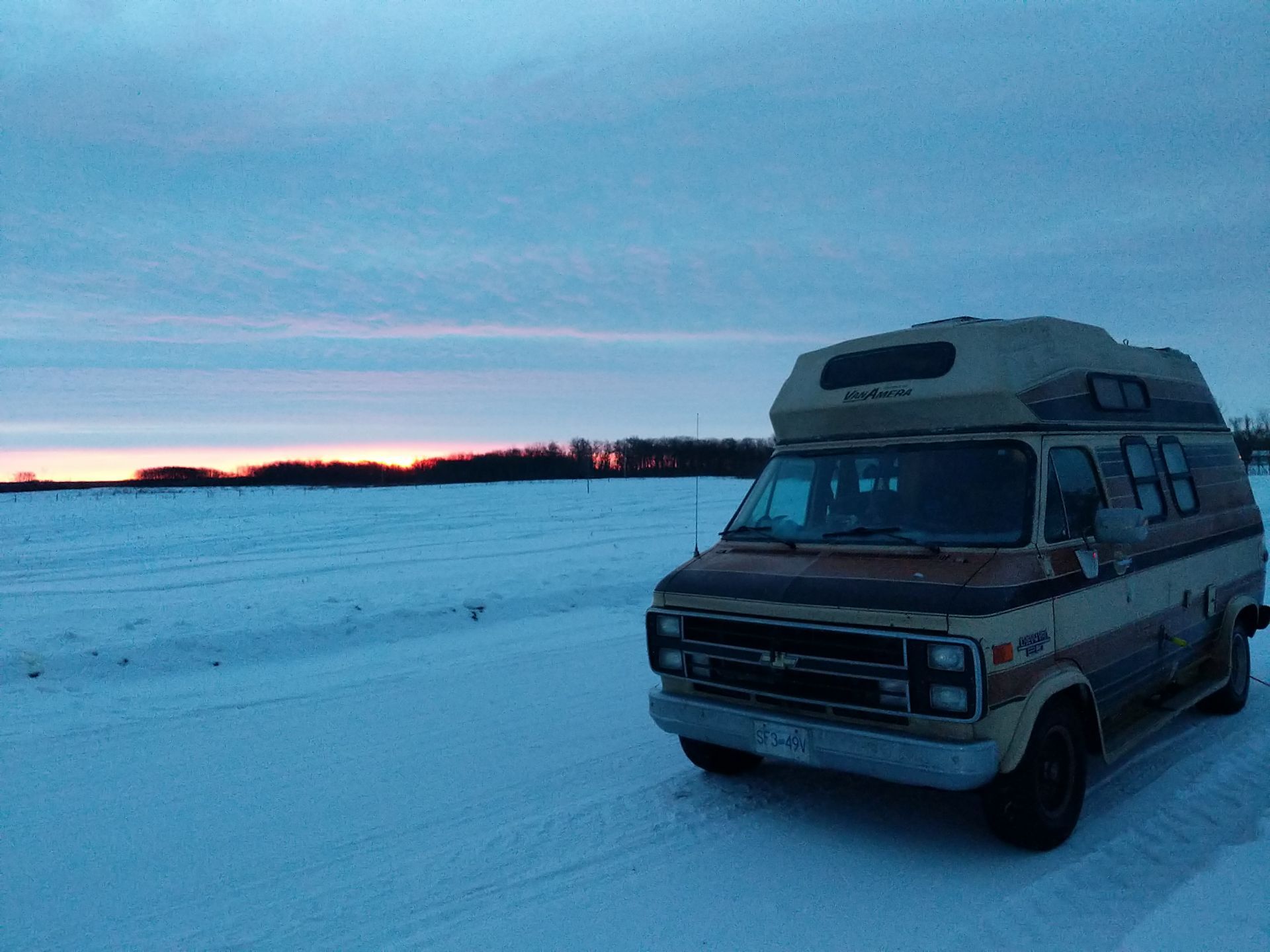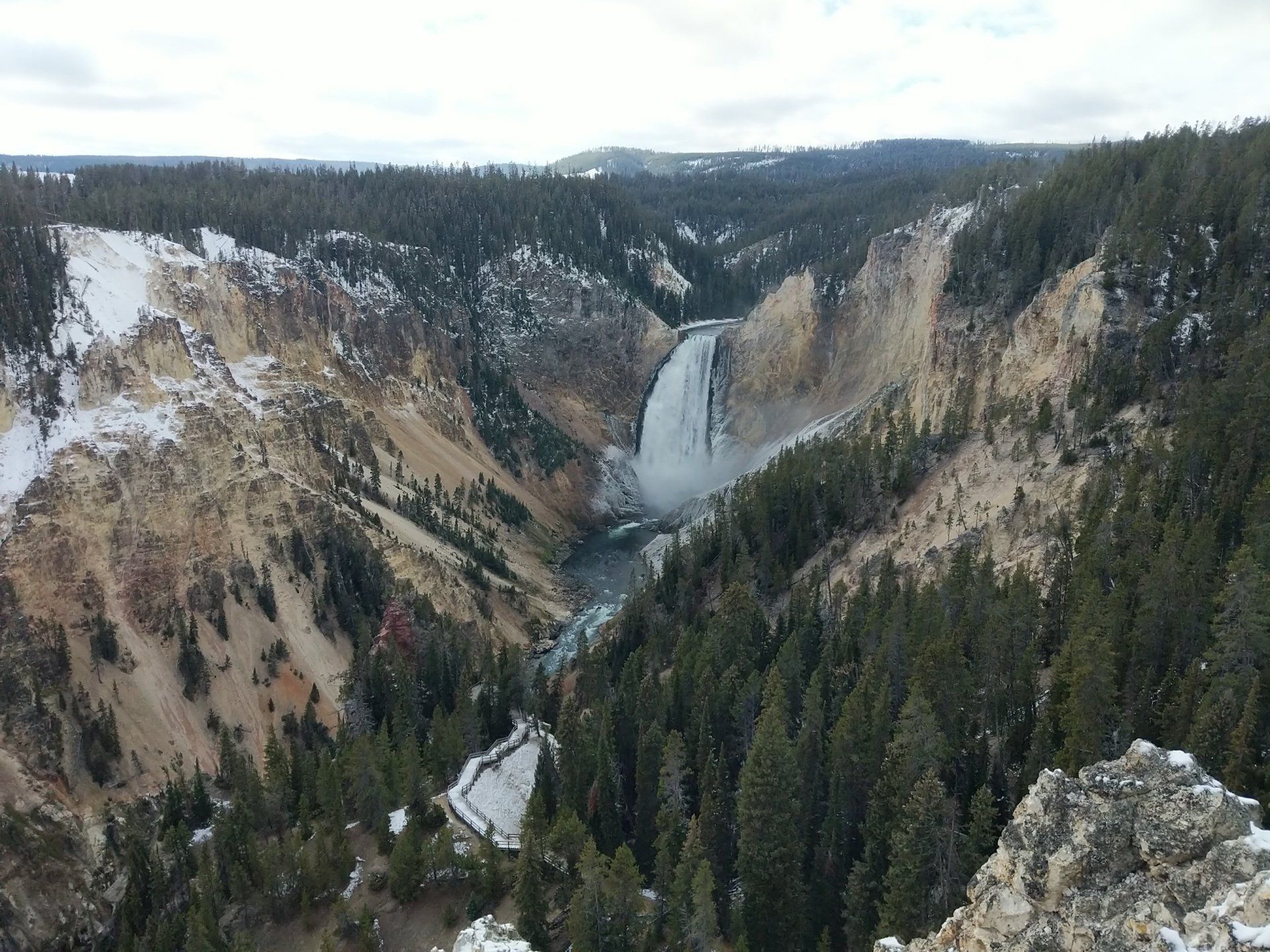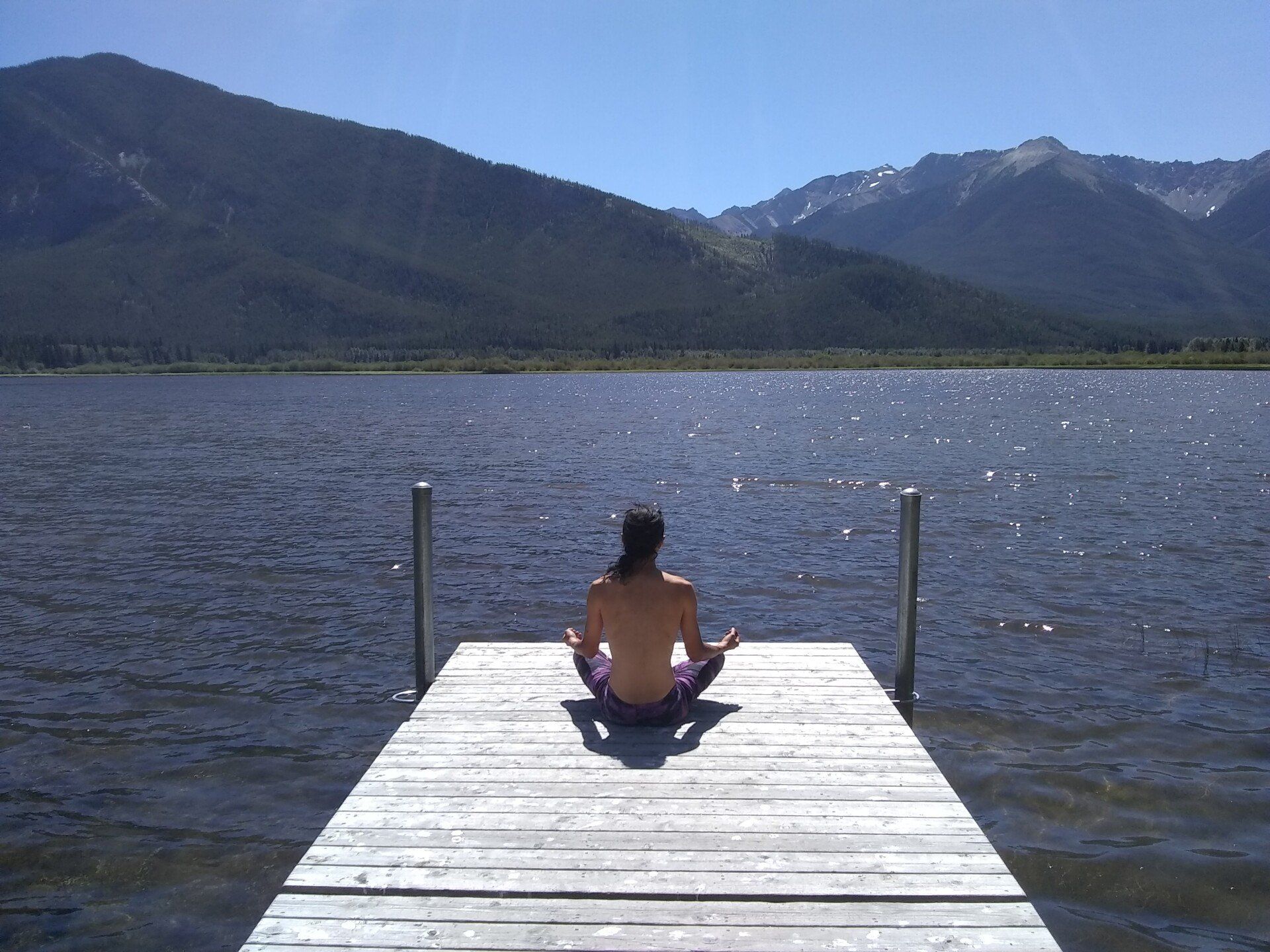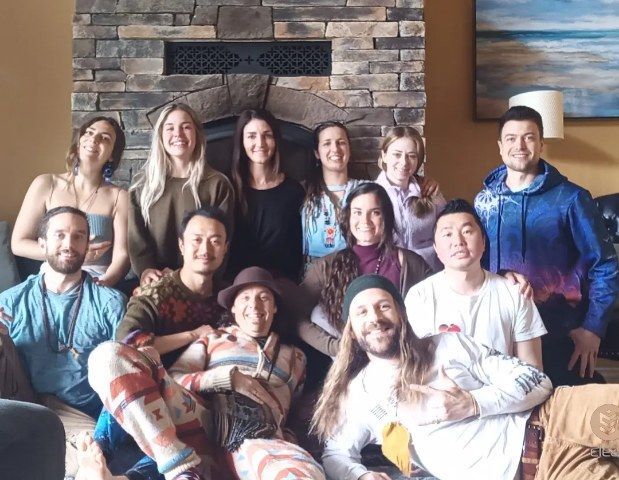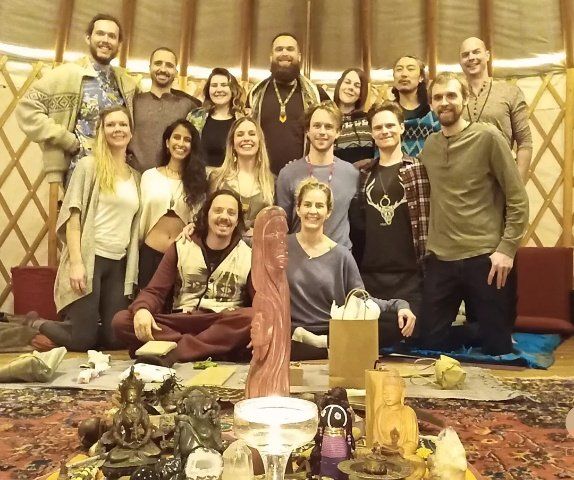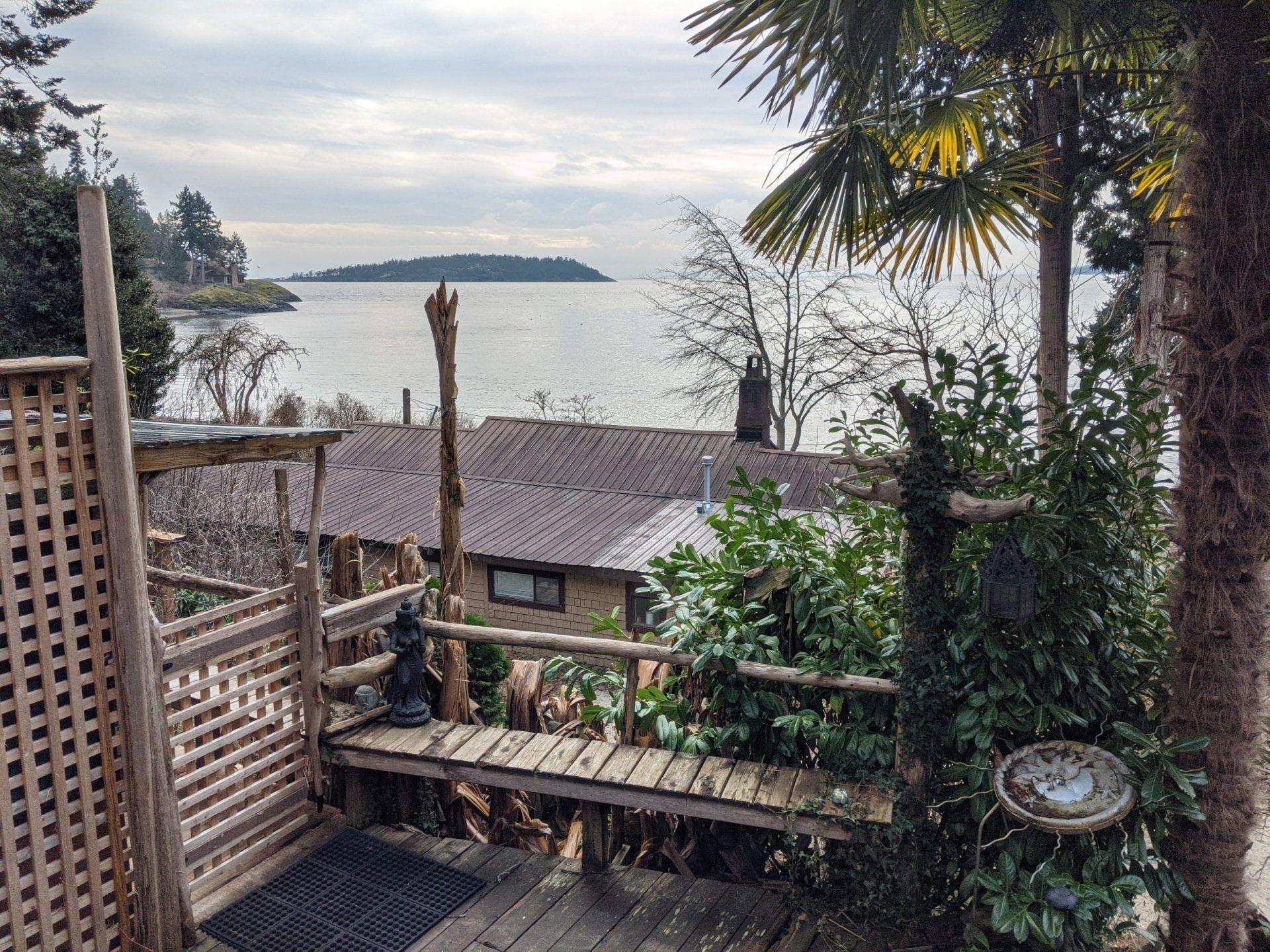The Optimist Diaries, Pt. 3 - Death
A series of posts designed to move you towards optimism
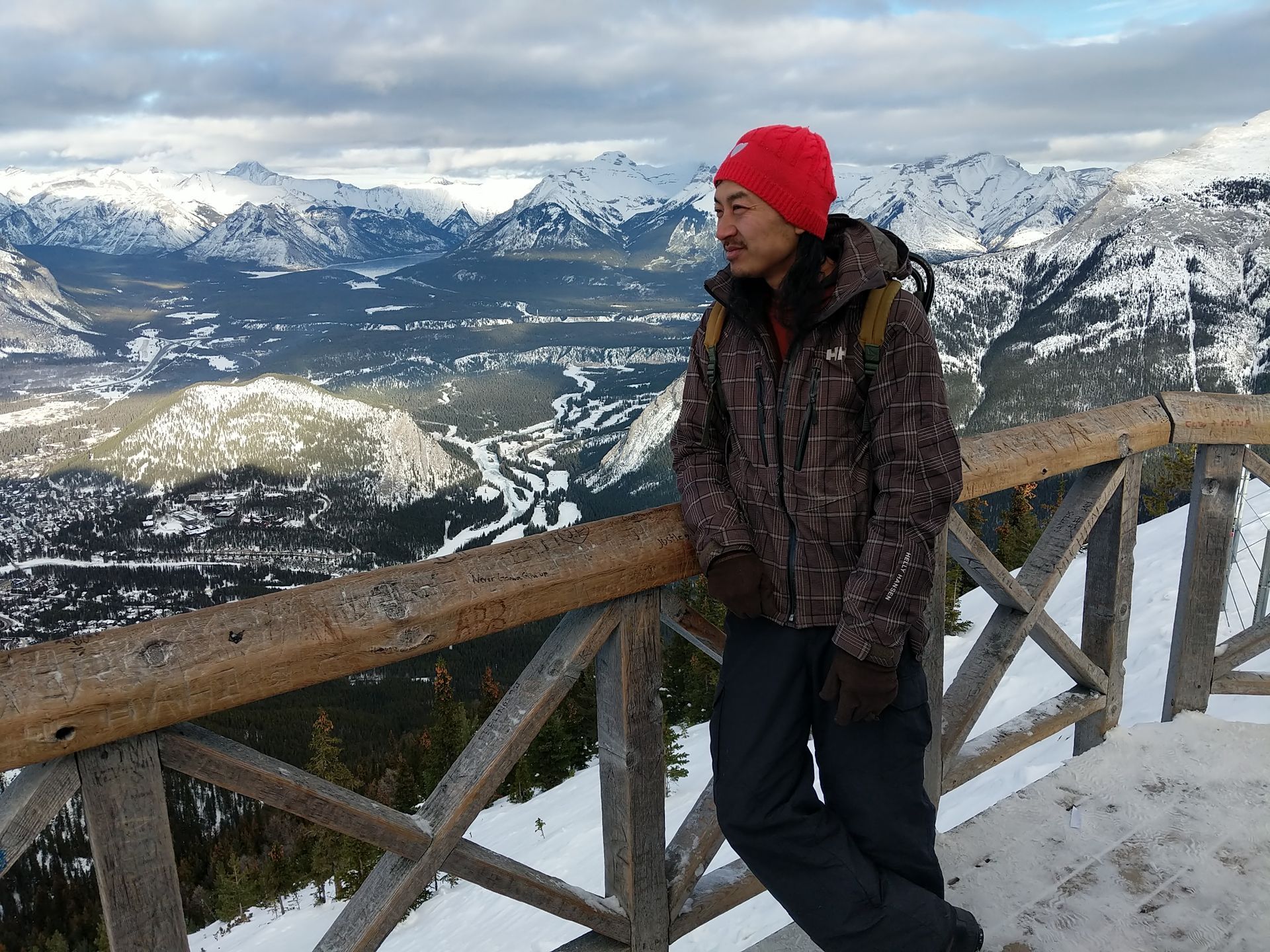
8 min read
There's a lot of heavy stuff going on in the world today - it's easy to feel pessimistic about the way things are heading.
When people hear me talk about the state of the world, I may sound like a pessimist. However, deep down I am an optimist. Why? It's simple.
The truth will set you free.
The truth is ugly. But perhaps uglier is the fact we've been hiding from and denying it our entire lives. By embracing and accepting the truth, we can free up all that energy used to hide and deny, and use it to transform ourselves and the world around us. On the other side of the ugliness is lightness and joy.
In the third installment of The Optimist Diaries I will be discussing death.
Death Denial
Death is... A morbid topic. Better not to talk about it, right?
Most people don't realize the pall that the specter of death casts over their daily lives. For many, their fear of death prevents them from living a true, authentic life. Once death comes knocking at their door, only then do they realize they never truly lived. There are only two emotions - Love and Fear. Or at least every other emotion originates from one of them. The root of Death Denial is fear. The fear of dying or serious injury prevents many from taking any risks and getting out of their comfort zone.
Fear of death is evident in our funeral ceremonies. Families do everything they can to extend the "life" of their deceased through the use of embalming, makeup, and above all, burial in a casket in order to preserve the body. At the funeral, only black is permitted to be worn, and only sadness is permitted to be expressed. This sadness is a projection by the attendees of fear of their own death.
Personal Legend
I believe we are all here to "live our story." In other words, we all have a destiny that we are meant to follow.
I just reread The Alchemist, and it explains this concept beautifully. The author Paulo Coelho calls this destiny one's Personal Legend. In the story, a king named Melchizedek introduces the concept: "Everyone, when they are young, knows what their Personal Legend is. But, as time passes, a mysterious force begins to convince them that it will be impossible for them to realize their Personal Legend."
Later on in the story, the alchemist appears and validates this theory, "When a person really desires something, the universe conspires to help that person realize his dream." The main character, a wandering shepherd, is taught by the alchemist to listen deeply to his heart. It is here his dream and Personal Legend resides.
In my own words, we are here to live our story. However, growing up, we are programmed with layers of fear and social conditioning that prevent us listening to our hearts and knowing what our story is.
Approaching the age of 40, I already feel like I have lived my story. And there is much more to live, of my own story to write. However, because up until now I have lived my story, I have fulfilled much of my purpose of being here on earth, and I believe that if I were to die tomorrow, I would be ready, and do so with inner peace. It pains me to think how many get old and realize they have not lived their story, their souls filled with the heavy burden of regret.
To quote Thoreau, "Oh to reach the point of death only to realize one has not lived at all."
Captain Fantastic
One of my favourite movie scenes of all time comes from Captain Fantastic, a movie about a man who raises his children in the woods away from American society. It is a great parody on the excess and fallacy of consumerism in America.
Spoiler Alert! In the movie's final scene the family conducts a funeral ceremony for the deceased mother. It starts with heartfelt words, followed by a sad song sung played by the husband and their children. However, as soon as the sad song ends, the whole family breaks out into happy song, dancing and joyous celebration of the mother's life, as her colourfully wrapped body is burned and cremated.
This scene upended the narrative of death for me. It taught me that funerals don't have to be sad. It taught me that life is a beautiful gift, and that a life lived well is one that should be celebrated.
At a deeper level it taught me that we live a life with perceived dualities and yet all is one. Without death there is no life worth living, without shadows there would be no light, without loss there would not be gratitude. Each depends on the other, to deny one is to deny both, and developing a relationship with both dualities bring them closer together into one's heart. Without coming to terms with death we cannot appreciate and have gratitude for the life that we live.
I find it humorous how much of society yearns for immortality. Imagine achieving immortality, and then starting to get bored 1,000 years in. So... Now what?
Top 5 Regrets of The Dying
Taken from this article about a book with the same name:
- I wish I'd had the courage to live a life true to myself, not the life others expected of me.
- I wish I hadn't worked so hard
- I wish I'd had the courage to express my feelings
- I wish I had stayed in touch with my friends
- I wish that I had let myself be happier
These are all embarrassingly simple regrets. Many of these regrets speak to a lack of authenticity or autonomy. Our autonomy has been taken away from us by social conditioning by the system.
Notice how people don't wish they bought a nicer car or watched more TV, things our system of capitalism really provides for us. Capitalism capitalizes immensely on fear and death denial. Instead of allowing people to seek a true and authentic life, it sells people a false sense of authenticity and happiness through their products. Consumer goods not only fill the void of authenticity, many of them provide more comfort, creating a vicious circle of dependence on consumerism to nurture one's authenticity and material needs, creating mental and physical illness.
We need to rewrite the story of Consumption vs. Creation. I believe we are all here to create, not consume. Creating from our heart builds true authenticity, while consuming only masks it. Near our death many of us realize how brainwashed we've been our whole lives, and that while Capitalism has given us many riches, its role in our lives is excessive and intrinsically unfulfilling. The things that make us truly happy don't come from Capitalism, they come from the Heart - human connection and courage.
Death Revolution
The rising tide of consciousness is bringing us spiritually closer to death. By facing up to our own death, we see life as a beautiful gift and realize what truly makes us happy vs what does not serve. They're the things money can't buy - human connection and courage.
There is a growing movement in Canada to bring psilocybin therapy to people on their deathbeds. Case studies have showed that patients find inner peace, which ripples outward to grieving family members. Showing that it's never too late to come to terms with your death.
Due to lack of environmental capacity, leading to greater environmental compassion, there is a growing green burial movement, where one can be buried without a casket into a natural environment in a way where one's body can biodegrade quickly and nourish its local habitat.
Following on the theme in my first installment of The Optimist Diaries on Healing, if you can face the hard truths around death, you can release all the energy that has kept you locked up in fear and denial, freeing up that energy for the things that more deeply and sustainably nourish you in your life. At some point you're going to have to do it - the earlier you do, the better the rest of your life will be.
